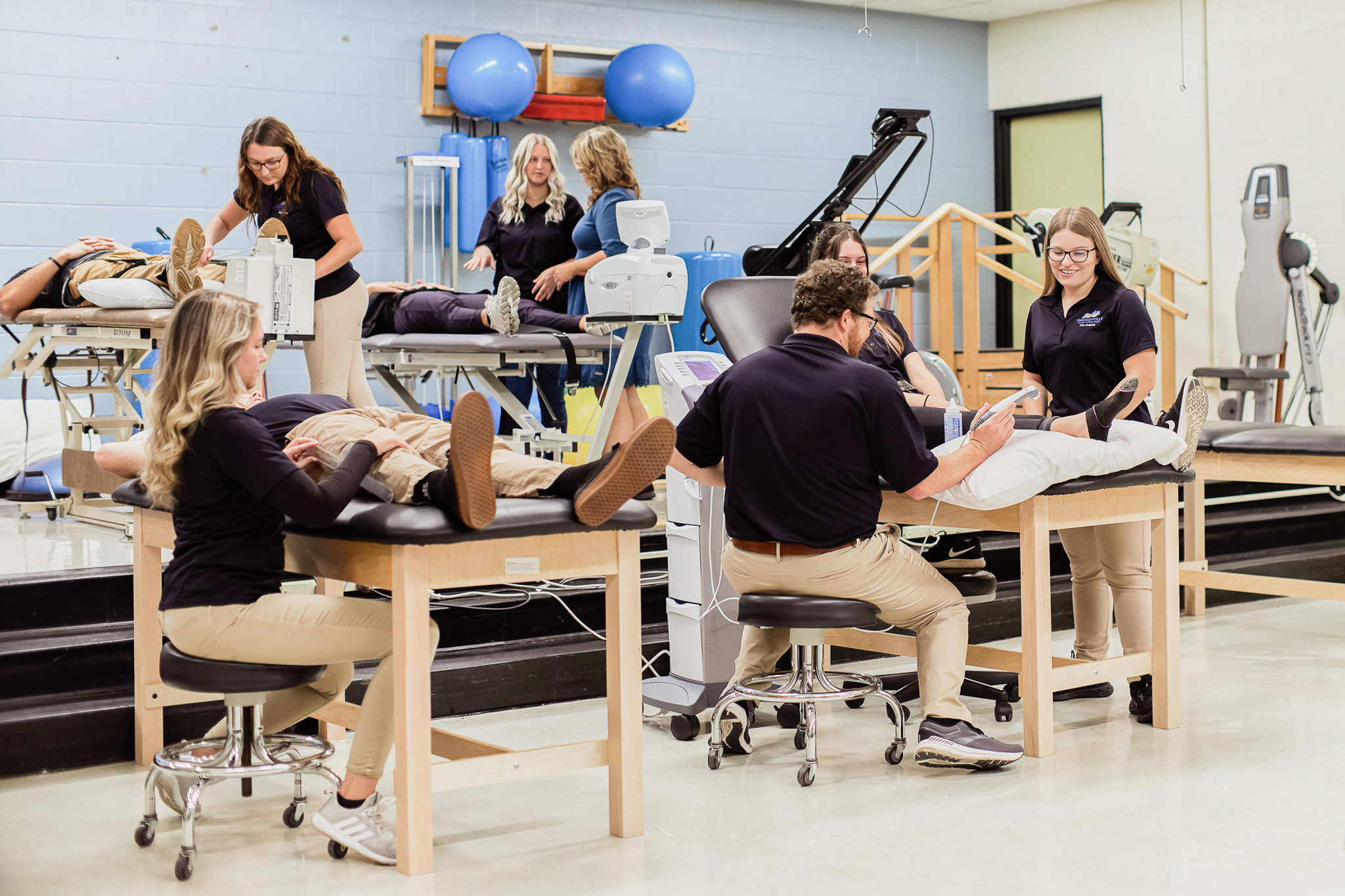Empowering Clients Through Psychological Support in Pulmonary Rehabilitation Initiatives.
Wiki Article
Cardiopulmonary rehab programs are designed to help individuals with cardiac and lung conditions improve their well-being and standard of living. These initiatives often consist of exercise exercise, education about cardiac and pulmonary health, and support for implementing lifestyle choices modifications. However, one important element that is sometimes neglected is the importance of psychosocial support. Emotional assistance refers to the emotional and social assistance that patients receive during their recovery process. This support can strengthen individuals, boost their self-esteem, and assist them manage the obstacles that arise with chronic health issues.

Patients in cardiopulmonary rehab frequently face various emotional and psychological difficulties. Feelings of anxiety, sadness, and loneliness can be common. These feelings may arise from the stress of dealing with a significant health issue or the concern of future health problems. Emotional support can help tackle these feelings by offering patients with a safe environment to talk about their concerns and bond with others who understand what they are experiencing through. Group counseling sessions and individual therapy can be effective ways to promote this support. By engaging with experts and peers, individuals can acquire coping techniques and find encouragement from peers who share similar experiences.
Incorporating emotional support into cardiac and pulmonary rehab programs can lead to improved health results for individuals. Research show that when individuals receive psychosocial support, they are more apt to stick to their recovery programs, adhere to treatment, and make necessary lifestyle choices changes. This involvement can lead to enhanced physical well-being, lessened admissions, and an entire better standard of life. Assistance groups can encourage motivation and accountability, assisting patients remain dedicated to their recovery objectives. This collaborative method emphasizes the importance of considering both physical and psychological well-being in the recovery process.
Educators and healthcare professionals play a crucial role in providing emotional assistance within these initiatives. They can assist individuals comprehend the significance of emotional well-being in their rehabilitation process. By creating an environment of compassion and support, medical professionals can promote open dialogue about emotions and concerns. Training staff in communication skills and emotional support strategies can enhance the general individual experience. Furthermore, incorporating instruction about anxiety reduction, calming methods, and positive adaptation strategies can empower patients to resource take an active part in their emotional well-being.
To summarize, strengthening patients through psychosocial support in cardiopulmonary rehabilitation programs is essential for promoting holistic rehabilitation. By acknowledging the psychological and community dimensions of healing, medical professionals can establish a more nurturing environment that addresses the needs of the entire individual. Individuals who receive this holistic care are more likely to attain their stress management in cardiopulmonary care health objectives and enhance their total quality of life. The integration of psychosocial assistance into recovery initiatives not only improves the individual experience but also contributes to better sustained medical results.